The CDI team brings a breadth of knowledge and experience, and shares a commitment to working with communities, all levels of government, industry, business, the non-profit and voluntary sectors, and other researchers, to understand and realize the potential of BC’s non-metropolitan communities.
The core staff team at the CDI is complemented by Student Research Assistants and Volunteers, who assist the CDI while gaining community and economic development work experience; Faculty Associates, who are involved in specific projects based on their areas of expertise and research interest; and by Community Associates, who apply specialized skills and knowledge to the benefit of CDI projects.
Staff

Greg Halseth,
Co-Director
Email: greg.halseth@unbc.ca
Office: New Lab Building 8-141
Phone: 250-960-5826
Website: Greg Halseth
Greg Halseth is a Professor in the Geography Program at the University of Northern British Columbia, where he is also the Canada Research Chair in Rural and Small Town Studies and the Co-Director of UNBC’s Community Development Institute. His research examines regional development processes, rural and small-town community development, and community strategies for coping with social and economic change, all with a focus upon northern B.C.’s resource-based towns.
At the Community Development Institute his work has included a wide range of community-based studies in both Aboriginal and non-Aboriginal places, the creation of a community transition toolkit, a large number of services studies looking at the needs of youth and seniors, housing research, a number of economic and community development studies, research on the voluntary sector and community capacity issues, and the Northern BC Economic Development Vision and Strategy Project. Currently, Greg is part of a Canada-wide research study on long-distance labour commuting, which examines the impact on individuals, families, and community organizations of having a family member working for long periods outside the community.
Greg has served on the governing council of the Social Sciences and Humanities Research Council of Canada, the Advisory Committee on Rural Issues for the Federal Secretary of State for Rural Development, the Community Advisory Committee for the BC Ministry of Forests Mountain Pine Beetle Task Force, and other advisory committees.
Greg’s books include “Building Community in an Instant Town” and “Building for Success” which talk about rural and small-town community development and community economic development, as well as an edited volume on the “Next Rural Economies” which includes contributions from 12 OECD countries. His most recent book is “Investing in Place: Economic Renewal in Northern British Columbia” which is published by UBC press.
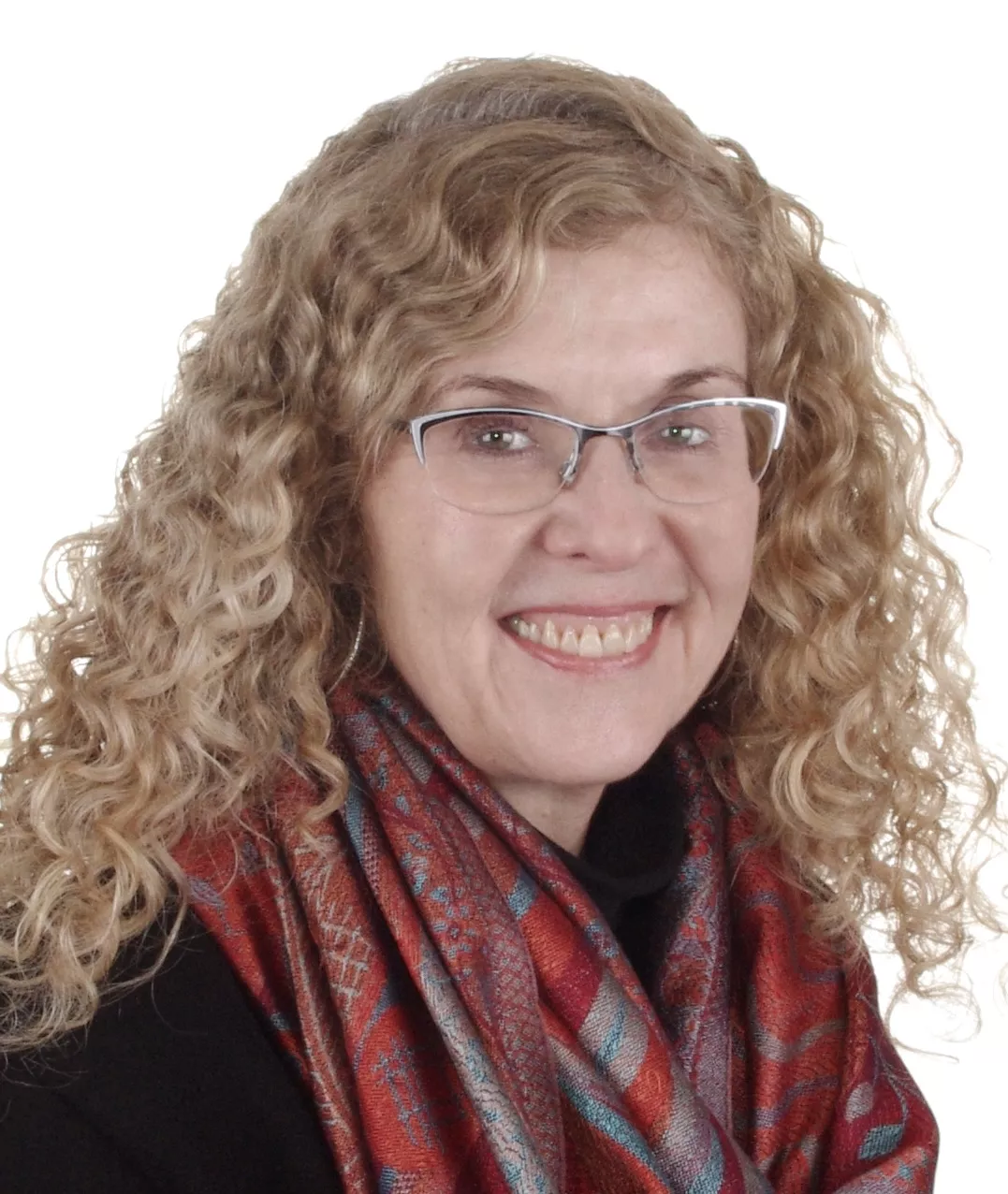
Marleen Morris,
Co-Director
Email: marleen.morris@unbc.ca
Office: 10-1090
Phone: 250-960-5656
Marleen Morris is the Co-Director at the Community Development Institute (CDI) at the University of Northern British Columbia. Since its inception in 2003, the CDI has worked with a broad mandate in community, economic, and regional development. As Co-Director, Marleen’s role is to develop and grow the CDI to ensure that it can continue to help build strong and resilient non-metropolitan communities and regions in BC.
Marleen brings to the CDI over 20 years of experience in executive and senior management positions in the health, housing, and education sectors. She has also been appointed to several senior governance positions. Organizations she has been involved with include BC Housing, the Vancouver/Richmond Health Board (Vancouver Coastal Health), BC Winter Games, Vancouver City Planning Commission, United Way of the Lower Mainland, and the North Vancouver Chamber of Commerce. Marleen currently serves as Board President of St. James Community Services Society, one of the largest community service organizations in the province.
She also brings 10 years experience as President of Marleen Morris & Associates, where she worked in communities across BC helping organizations in the public, business, and non-profit sectors develop strategies for revitalization and change. Her experience in strategic and operational planning, board governance, community-based research, and facilitation add to the CDI’s capacity.
Marleen holds an MSc (Management) from HEC (France) and Oxford University (England) and a BA (International Relations) from UBC. Marleen’s research interests lie primarily in the area of multi-sectoral collaboration and change. A particular focus of her research is community and regional development. In 2008/09 she conducted a study of regional development agencies in England, which became a paper in the CDI Publication Series in 2010.
Marleen comes from a pioneer ranching family and was raised in a small town in southeastern Alberta.
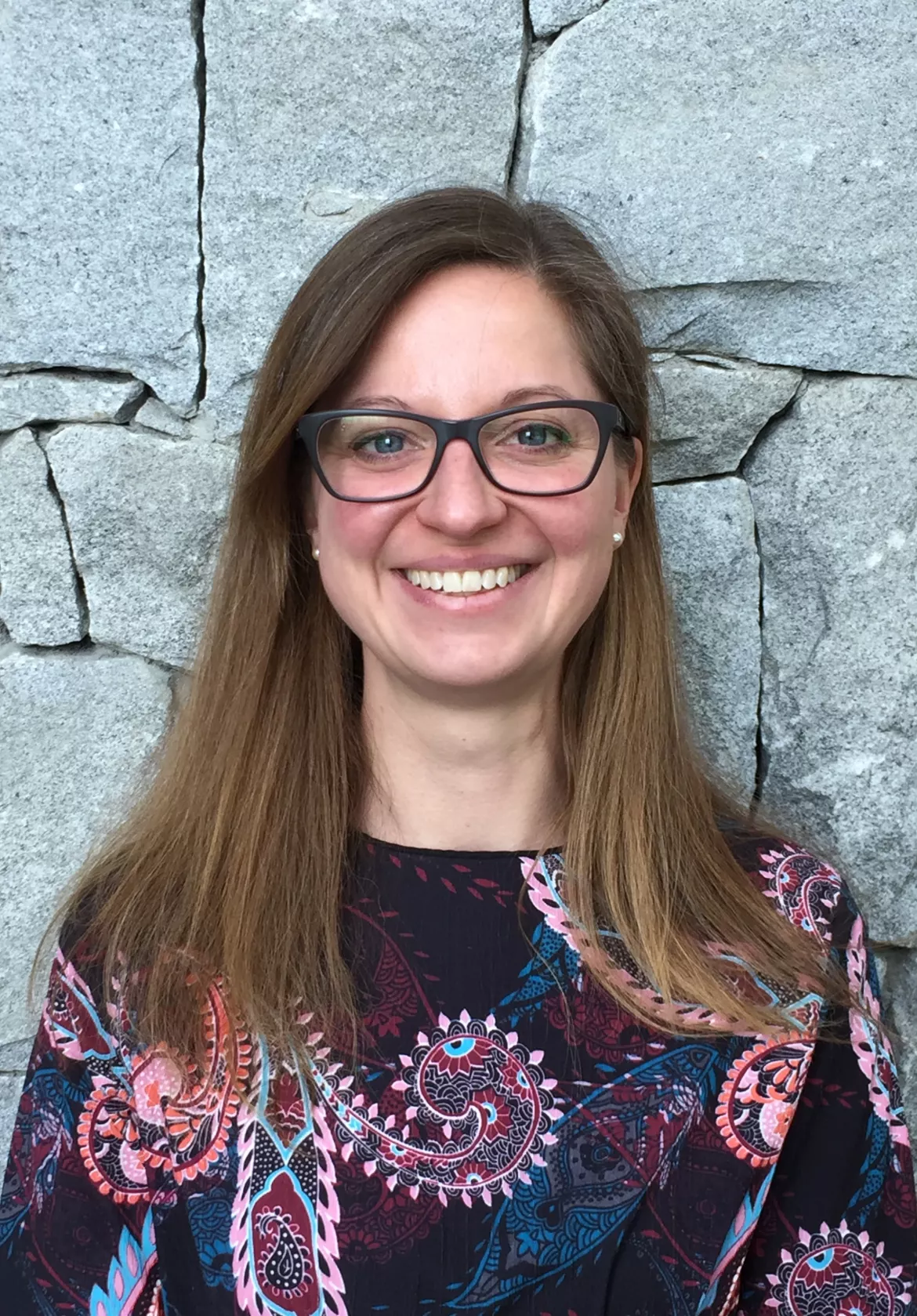
Julia Good,
Research Associate
Email: julia.good@unbc.ca
Office: 10-1090
Phone: 250-960-5952
Julia is a Research Associate with the Community Development Institute (CDI) at the University of Northern British Columbia (UNBC). She holds an M.A.in North American Studies from Bonn University. Her research interests include community economic development, Indigenous self-government, and Indigenous resource management. Calling Prince George home since 2008, she has been keen to apply her research on the ground in her home region of choice. Over the past eight years, she has worked as a consultant for local First Nations, and has been involved in community economic development work through the CDI as well as Indigenous health and self-government research for the Canada Research Chair in Comparative Indigenous-State Relations.
Faculty Associates
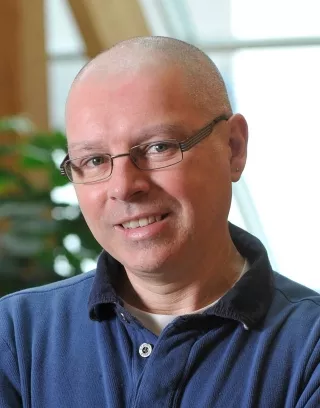
Dr. Stephen Déry
Email: stephen.dery@unbc.ca
Office: New Lab Building 8-414
Phone: 250-960-5193
Dr. Déry's research focuses on hydrometeorological processes and their impacts on the surface energy and water budgets in high latitudes/altitudes within the context of climate change. Our research group has expertise and interest in: 1) the fundamentals of meteorology and meteorological monitoring, including weather stations in remote locations and harsh environments; 2) snow physics, particularly redistribution of snow by wind and remote sensing of snow covers; 3) influence of forestry and forest clearance on snow cover, snow melt, hydrology and micro-meteorology; 4) river discharge in BC and the Arctic, its links to large-scale forcing and the impact of local conditions.
Stephen Déry took up his current position as Canada Research Chair in Northern Hydrometeorology upon arrival at UNBC in 2005, and also has appointments in the Environmental Science and Engineering undergraduate and the Natural Resources and Environmental Studies graduate programs. He teaches courses in boundary layer meteorology, storms, as well as snow and ice. He holds three degrees in Atmospheric Science: a B.Sc. and M.Sc. from York University and a Ph.D. from McGill University. Prior to arriving in Prince George, Stephen was a researcher at the prestigious Lamont - Doherty Earth Observatory of Columbia University, New York and also held a Visiting Research Scientist position at Princeton University in New Jersey.
Dr. Gail Fondahl
Email: gail.fondahl@unbc.ca
Office: New Lab Building 8-138
Phone: 250-960-5856
Gail Fondahl is interested in the legal geographies of Indigenous land rights and land claims in the Russian North; geographies of reindeer herding; human development in the Circumpolar North; sustainability in the North. Her research looks into both the changing spaces that legal reforms permit; and the materialization of those spaces as the new laws are invoked, interpreted and implemented. She shares these research interests with her students in GEOG 222 (Geography of Russia), GEOG 307 (Changing Arctic: Human and Environmental Systems) and GEOG 403 (First Nations and Indigenous Geography).
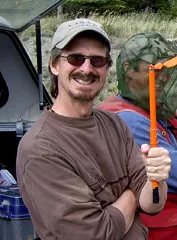
Scott Green
Email: scott.green@unbc.ca
Office: New Lab Building 8-335
Phone: 250-960-5817
Scott Green is an Associate Professor in the Ecosystem Science and Management program at UNBC. His formal training was grounded in sustainable forest management and environmental variation. Scott is an advocate of community-based research, believing that every “place” is unique; he uses community-directed processes through long-term partnerships to identify vulnerabilities and adaptation strategies that will promote holistic resilience and “best practices” reflecting contextual uniqueness. He currently works with the Teslin Tlingit First Nation in Yukon, addressing land-management issues, and with farmers in Smithers, BC, seeking to promote sustainable agricultural practices in the face of a rapidly changing environment.
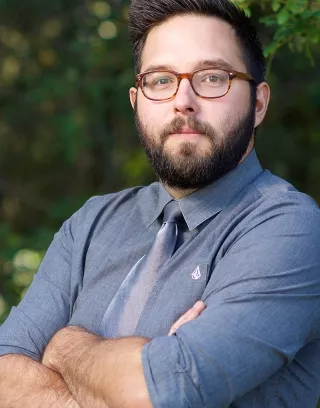
Dr. Mark Groulx
Email: mark.groulx@unbc.ca
Office: Teaching and Learning 10-2536
Phone: 250-960-5837
Mark Groulx is an Assistant Professor in the University of Northern British Columbia's School of Environmental Planning and supervises graduate students in the Natural Resources and Environmental Studies graduate program. Mark’s research focuses broadly on sustainable and resilient communities, and specifically on the importance of community engagement and placemaking in effective collaborative planning. Inspired by the creativity and careful craft of place makers of all types, Mark explores how communities are tapping into local knowledge and values to ensure that resilient planning and design is people focused. Mark is currently working on projects examining community-based approaches to low-carbon resilience, and the influence of nature-based citizen science on transformative environmental learning.
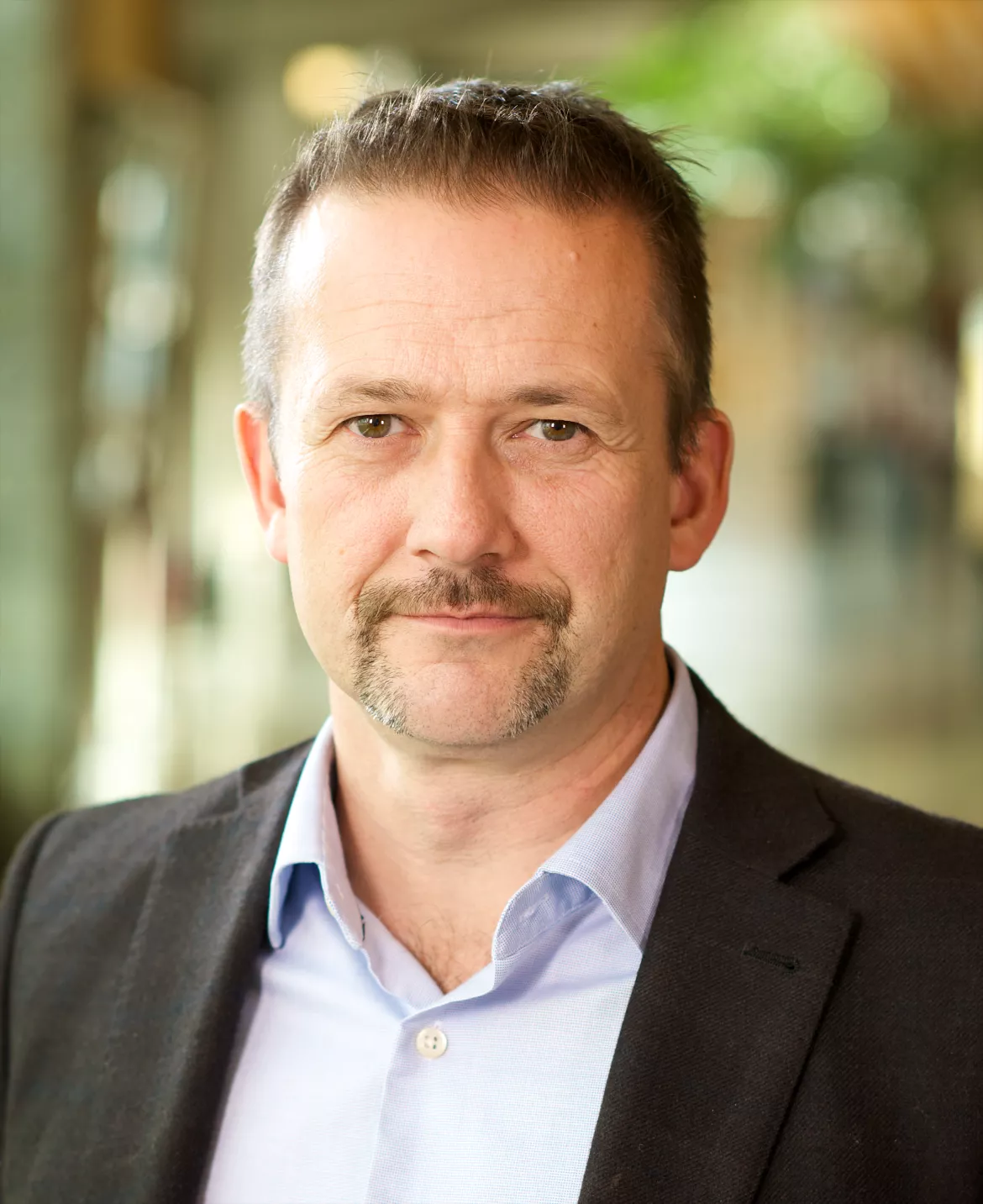
Dr. Neil Hanlon
Email: neil.hanlon@unbc.ca
Office: New Lab Building 8-136
Phone: 250-960-5881
Dr. Neil Hanlon is a Professor of Geography at UNBC, with Adjunct Faculty status in the School of Health Sciences and the Northern Medical Program. He has been at UNBC since 2001. His areas of research interests include health and social service delivery in rural and remote locations, recruitment and retention of health professionals, and community adaptations to population ageing.
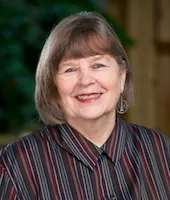
Dawn Hemingway
Email: dawn.hemingway@unbc.ca
Office: TAL Building Room 10-2580
Phone: 250-960-5694
A longtime community activist, Dawn Hemingway is Associate Professor and Chair of the School of Social Work at the University of Northern British Columbia with an Adjunct appointment in Community Health and Gender Studies. Her teaching and research interests include ageing, caregiving, community-based research and policy development, and northern/rural health/quality of life – especially women’s health. In addition to her role as CDI Faculty Associate, she is on the Leadership Council of the UNBC Health Research Institute, Co-Director of Women North Network/Northern FIRE: the Centre for Women’s Health Research at UNBC, Co-President of the BC Psychogeriatric Association, Council Member on Northern Health’s strategic Elder Program Council, and Provincial Director for the Board Voice Society. Dawn also serves on the Steering Committee of the Northern Women’s Forum and Stand Up for the North as well as on the Board of a local women’s shelter, sexual assault centre, a committee addressing homelessness and a child and youth mental health agency. In recognition of her work, Dawn has received a number of awards including the Canadian Association of Social Workers Distinguished Service and the Bridget Moran Advancement of Social Work in Northern Communities Awards.
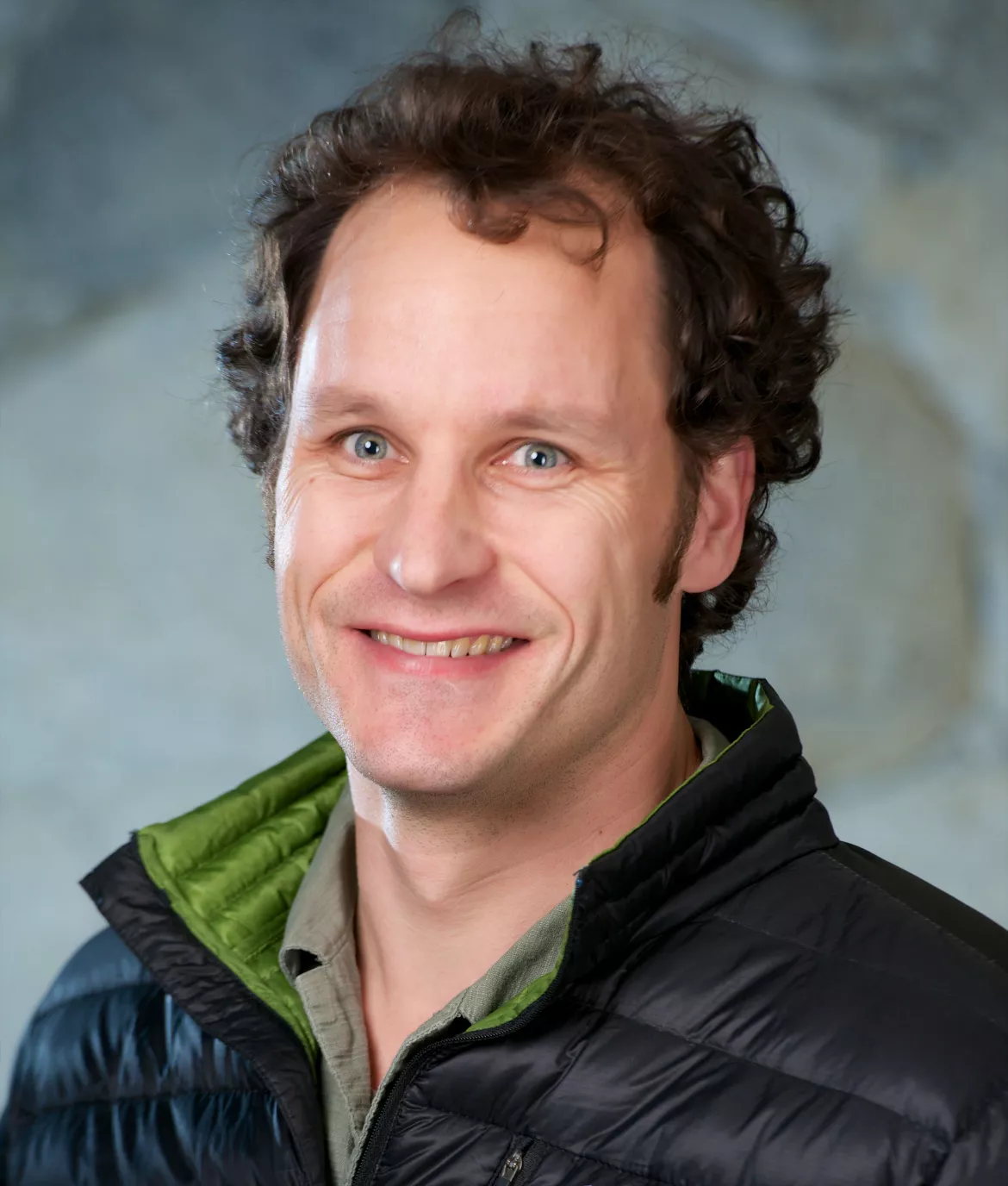
Phil Mullins
Email: philip.mullins@unbc.ca
Office: Lab 8-144
Phone: 250-960-5509
Phil is an Assistant Professor of Outdoor Recreation and Tourism Management at the University of Northern British Columbia. He strives to encourage ecologically sustainable and socially just communities and environments through sound collaborative research and teaching, critical analysis, and innovative practice in recreation, leisure, and tourism.